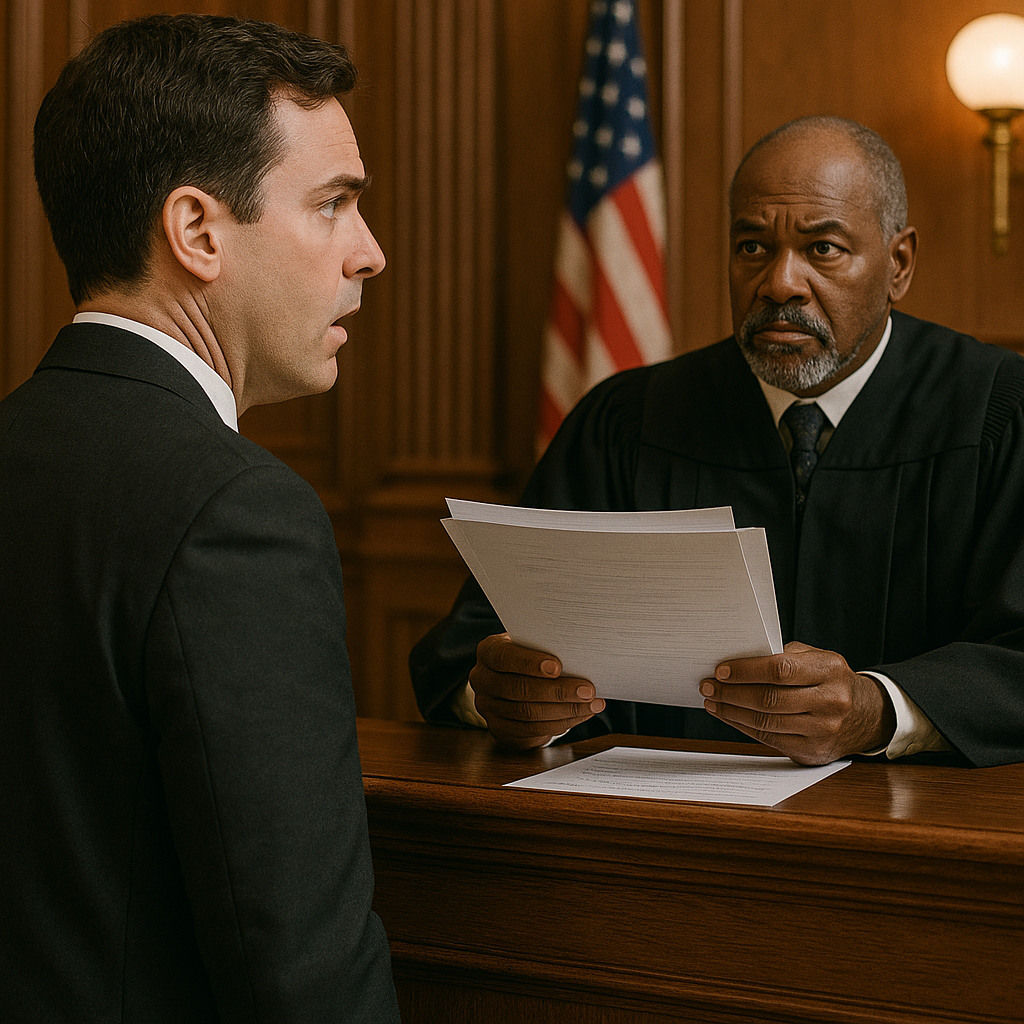Will courts change an appraisal award if one party claims the award was made by mistake? The answer to the question varies from state to state. Most states say that courts will correct an award as a result of mistake or fraud. However, a facially valid award will sometimes not be corrected, even if mistake is alleged.
Merlin Law Group attorney Corey Harris noted in Limitations on Discovery: Going Behind the Face of an Appraisal Award:
Florida courts have found that litigation over an appraisal award must be based on the face of the award itself and have prohibited parties from going further to have an award overturned….
… The court noted that the appraisal process was supposed to be an alternative to litigation and was binding on the parties. According to the court, going beyond the face of the appraisal award would impermissibly allow the court to interfere with the appraisal process and would permit the court to determine the amount of loss instead of the panel as the policy contemplated. While the court can make reductions for the deductible, prior payments, and items not covered, this can only be done based on what is contained within the four corners of the award.
Similarly, a Florida court recently would not allow an award to be challenged where the written award was itemized and clear.1 The relevant facts were:
“Defendant responded to Plaintiff’s invocation of the Policy’s appraisal provision by noting that there were three potential causes of loss: (1) a drain line failure, (2) a shower pan leak, and (3) an A/C system failure leak. Because there were three potential causes of loss, the parties were instructed to complete an itemized appraisal.
On June 29, 2022, the appraisal panel — consisting of Plaintiff’s appraiser, Santos Leal, and Defendant’s appraiser, Edwin Witty — entered an appraisal award (the ‘Award’). …The Award stated that the ‘appraisers and umpire hereby appraise the amount of loss as follows:’
• Water overflow from drain line: $160,151.73 [replacement cost value] / $152,144.14 [actual cash value]
• Shower pan leak: $0
• Leak from A/C system: $0
(Appraisal Award 2 (alterations added)).
After the Award was entered, Plaintiff’s counsel notified Leal that the appraisal panel was to appraise all three potential causes of loss…Subsequently, on July 8, 2022, Leal emailed Witty to tell him that while the Award listed three causes of loss, Leal did not know they were ‘appraising 3 claims’ and ‘we only discuss [sic] the drained [sic].’ In his declaration, Leal states ‘[a]s indicated in the appraisal award by drawing the appropriation of $0, damages arising from the shower pan failure or the air conditioner failure were not appraised, or to the extent that they overlapped in part with the drainage system failure, they were not delineated in the appraisal award.’ By contrast, Witty states he considered all three potential causes of loss in determining the award, discussed all three with Leal, and Leal agreed all the damage was caused by a drain line overflow and not the shower pan or A/C system leaks.”
Interestingly, while the court found that appraisal and arbitration are different, it ruled that Florida’s arbitration code was to be followed to confirm or vacate an appraisal award:
The Florida Supreme Court instructs that when a party to an insurance contract has invoked the relevant policy’s appraisal provision, the appraisal proceeding should be conducted in accordance with the policy and not Florida’s Arbitration Code. See Allstate Ins. Co. v. Suarez, 833 So. 2d 762, 765 (Fla. 2002) (‘Once a trial court has determined that the appraisal provisions of a contract of insurance have been properly invoked, further proceedings should be conducted in accord with those provisions[.]’ (alteration added; footnote call number omitted)). Yet, Florida courts still apply the procedures provided by the Arbitration Code in an appraisal award’s confirmation process, which includes the modification, correction, or clarification of an award.
See Guzman v. Am. Sec. Ins. Co., 377 F. Supp. 3d 1362, 1365 (S.D. Fla. 2019) (citation omitted). A motion for a court to vacate, modify, correct, or clarify an award must be made within 90 days of the movant receiving notice of the award. See Fla. Stats. §§ 682.10, 682.13- 14.
The court found that the award clearly anticipated an award for all causes of damage and was binding because it was signed by two of the appraisers:
Thus, even if Leal did not appraise or discuss the shower pan and A/C system failures with Witty — that would not invalidate the Award. Simply put, Leal and Witty signed an Award that explicitly listed and allocated amounts to the three possible causes of loss as required by the May 4, 2022 Order.
…Notably, the Policy states that if the appraisers ‘fail to agree, they will submit their differences to an umpire.’ Here, both Leal and Witty signed the Award that stated ‘[t]he above award [explicitly listing the drain line, shower pan leak, and A/C leak] reflects the agreed damages and costs associated with all damages claimed for the dwelling and other structures.’ (Appraisal Award 2 (alterations and emphasis added)); see Suqin Zhu v. NYC LLC, 291 F. Supp. 3d 378, 387 2017) (‘By signing a written instrument, a party creates presumptive evidence of its assent to enter [*18] into a binding agreement.’ The Award is binding given that the Policy explicitly states that a ‘decision agreed to by any two [appraisers] will be binding.’
The lesson to members of an appraisal panel is, do not sign an award if it does not clearly reflect what you intend to award. Panel members must carefully read the award form. If you sign an award, you cannot expect a court to change it later.
Thought For The Day
If you’re not making mistakes, then you’re not doing anything. I’m positive that a doer makes mistakes.
—John Wooden




